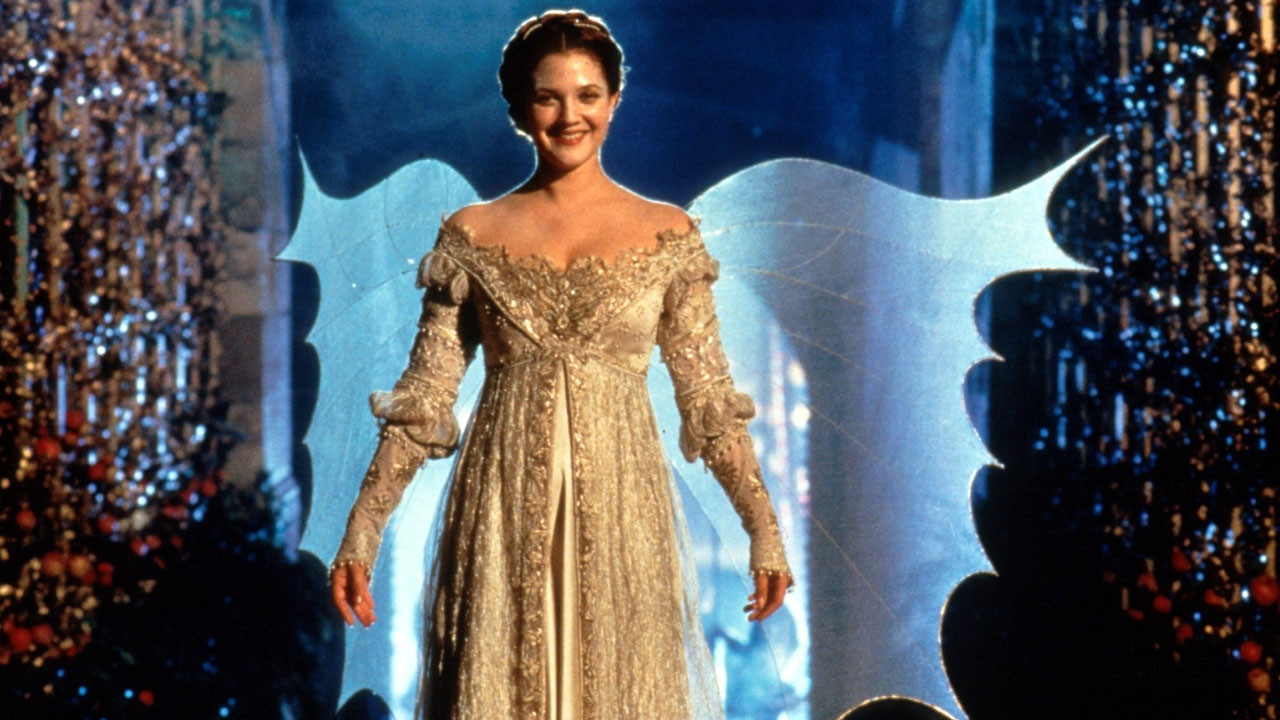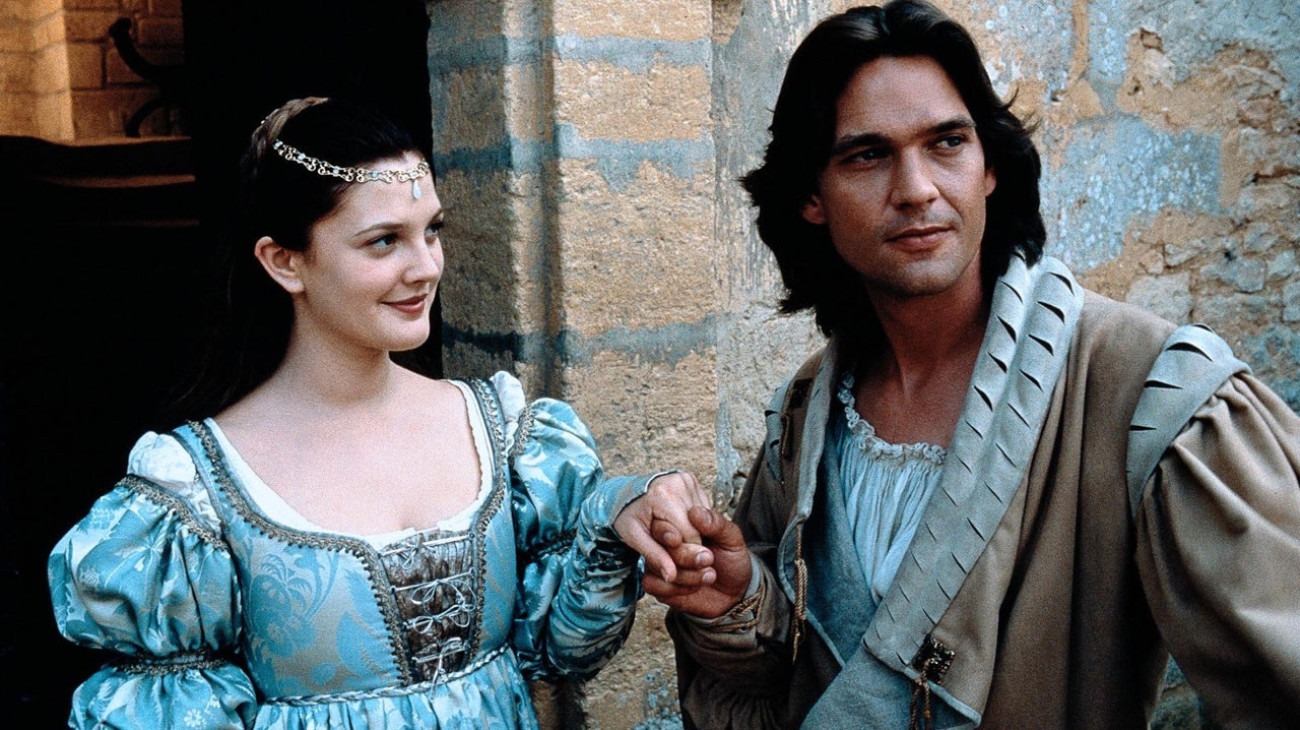Ever After- Unpacking A Timeless Idea
Have you ever stopped to think about those two small words, "ever after," and what a big idea they really hold? It's a phrase that often brings to mind grand stories and happy conclusions, a feeling of things being settled for good. This simple pairing of words carries a lot of weight, shaping how we picture endings, not just in stories but also in our own daily moments. It's a concept that feels deeply rooted in our collective memory, appearing in tales we've heard since we were small children, and it continues to pop up in new ways all the time.
This idea, "ever after," isn't just about fairy tales, you know. While it certainly has a strong connection to those classic stories, like the one about Cinderella, it also reaches out into our actual lives. We use it to talk about real folks whose lives seem to mirror those storybook characters, perhaps because they found a lasting joy or a sense of peace that just keeps on going. It's a way of saying that from a certain moment onward, something significant, something truly good, began and has simply kept on being.
So, what exactly does "ever after" truly mean when we pull it apart a little? And how has it stayed with us, shaping our expectations and even showing up in popular songs and films? We're going to take a closer look at this timeless notion, exploring its history, its presence in different forms of expression, and the way it continues to affect our thinking about how things turn out. It's almost as if the phrase itself has a life that keeps on going, don't you think?
Table of Contents
- What Does "Ever After" Truly Mean?
- The Core Notion of "Ever After"
- "Ever After"- Its Stories and Beginnings
- The Film That Brought "Ever After" to Life
- Where Did "Ever After" Come From?
- "Ever After" in Olden Words
- How Does "Ever After" Appear Today?
- "Ever After" in Popular Culture and Music
- What Lasting Feelings Does "Ever After" Bring?
What Does "Ever After" Truly Mean?
When people hear the phrase "ever after," a particular image often comes to mind: a story coming to a happy close, perhaps with a prince and princess finding lasting joy. But what does this expression truly convey when we consider its deeper layers? It’s a way of talking about time that stretches forward from a specific moment, continuing without an apparent end. It suggests a permanence, a state that persists indefinitely. For instance, when we say someone lived "happily ever after," we are describing a continuous state of well-being that began at a certain point and simply kept going, you know? It's not just about a single event, but a whole stretch of ongoing existence.
The Core Notion of "Ever After"
The heart of "ever after" really centers on the idea of something continuing without a stop from a certain point in time. It’s a promise of continuity, a feeling that a particular situation, often a good one, will just keep on being. Think about it: when someone says, "And they lived happily ever after," they are painting a picture of a joy that doesn't fade or diminish. This concept, in a way, offers a sense of comfort, suggesting that some things, some feelings, can truly endure. It implies a stability, a settled state that remains unchanged as the days turn into weeks and the weeks into years. It’s a very strong way to describe a lasting condition, isn't it?
"Ever After"- Its Stories and Beginnings
The idea of "ever after" has a deep connection to the stories we tell, particularly those well-loved tales passed down through generations. It’s the phrase that often marks the end of a grand adventure, signaling that all the challenges have been met and a period of calm and contentment has begun. This is why it feels so tied to the world of fairy tales, a place where, basically, everything works out in the end for the main characters. It’s a literary device, sure, but it’s also a cultural touchstone that helps us understand the structure of many narratives, old and new.
The Film That Brought "Ever After" to Life
One notable instance where the phrase "ever after" took center stage was in a particular motion picture from 1998. This picture show, a romantic tale set in an earlier time, drew its creative spark from the well-known story of Cinderella, written by Charles Perrault. The movie was even promoted with the very name "Ever After," which just goes to show how much that phrase resonates with ideas of enduring love and storybook finishes. It gave the age-old tale a fresh look, allowing a new group of people to connect with the core message of finding one's lasting happiness. It was, in some respects, a very clever way to reintroduce a classic.
Where Did "Ever After" Come From?
It might seem like "ever after" has always been around, a natural part of how we speak about lasting things. But like many phrases we use without a second thought, it has a history, a point of origin. To truly understand its roots, we need to look back quite a bit, to a time when the English language was still taking shape. This phrase isn't a recent invention; it has been part of our linguistic fabric for many centuries, carrying its meaning of continuous time forward from one generation to the next. It’s actually quite fascinating how old some of our everyday sayings truly are.
"Ever After" in Olden Words
If we peer into the past, we find the origins of "ever after" in what is known as Middle English. The forms "ever afftir" and "evere aftir" show up in writings from that period. This tells us that the concept of something continuing indefinitely from a specific point has been expressed in our language for a very long time. It wasn't just a sudden thought that appeared; rather, it developed organically as people sought to describe enduring states and outcomes. The way words change over time, yet retain their core sense, is really something to consider, isn't it?
How Does "Ever After" Appear Today?
Beyond the old stories and the historical roots, "ever after" continues to pop up in our current culture, showing its lasting influence. It's not just tucked away in dusty books; it appears in modern entertainment, in casual conversation, and even in how we describe real-life events. This enduring presence highlights how deeply ingrained the concept of a lasting, often happy, outcome is within our shared way of thinking. It shows that people still find comfort and meaning in the idea of things working out for the long haul, more or less.
"Ever After" in Popular Culture and Music
Think about how "ever after" shows up in movies and songs today. For instance, there's a well-known song titled "Ever Ever After" performed by an American singer, Carrie Underwood. This piece of music, created by Alan Menken and Stephen Schwartz for the 2007 picture "Enchanted," truly captures the spirit of the phrase. It was, as a matter of fact, the final song in that film, which helps to underline the sense of a complete and satisfying resolution. And who could forget the ongoing tale of Shrek and Fiona? Their story, too, explores the idea of a "happily ever after," showing that even in less traditional fairy tales, the notion of a lasting, good outcome remains central. It’s pretty clear that this idea holds a special place.
What Lasting Feelings Does "Ever After" Bring?
The phrase "ever after" often calls forth feelings of a happy finish or a conclusion that feels like it belongs in a storybook. It’s a way of suggesting that everything has come together perfectly, and a period of joy or peace will simply continue. However, it’s worth noting that while this phrase is quite common for expressing such a sentiment, there are, in fact, other ways of saying something similar. The power of "ever after" comes from its simple, direct way of communicating a sense of lasting impact. It's about dreams that stay with you, ideas that change your perspective, and experiences that leave a mark that just keeps on being there, influencing you. It’s a way of saying that certain moments or ideas truly stick around for all time after something important happens.

Despite Flaws Ever After Holds Up Magical Cinderella Story | The Mary Sue

"EVER AFTER" MOVIE REVIEW - STUDENT PROJECT

Ever After (1998) - Movie Review : Alternate Ending